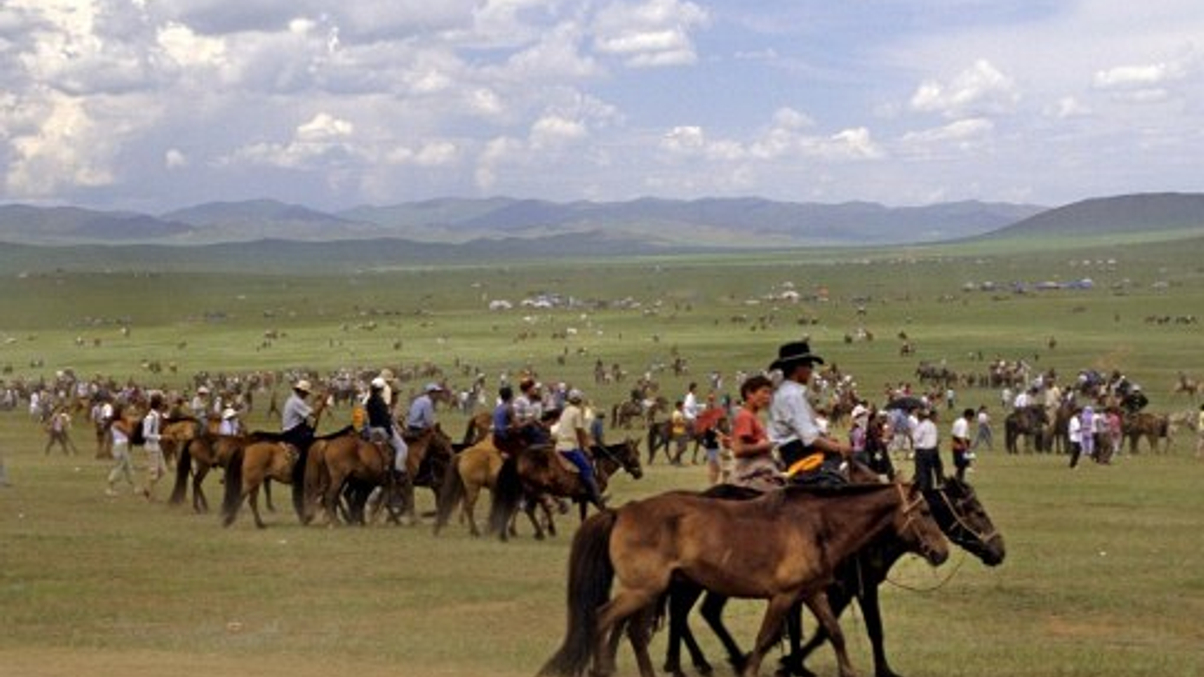CLSA expects surge in Mongolia trading
The firm talks about its move to offer international investors access to Mongolian equities via a deal with BDSec, the largest domestic brokerage.

In anticipation of increasing cross-border investment into Mongolia-listed securities, CLSA has agreed to become introducing broker for BDSec, the nation's biggest brokerage.
Sign in to read on!
Registered users get 2 free articles in 30 days.
Subscribers have full unlimited access to AsianInvestor
Not signed up? New users get 2 free articles per month, plus a 7-day unlimited free trial.
¬ Haymarket Media Limited. All rights reserved.


